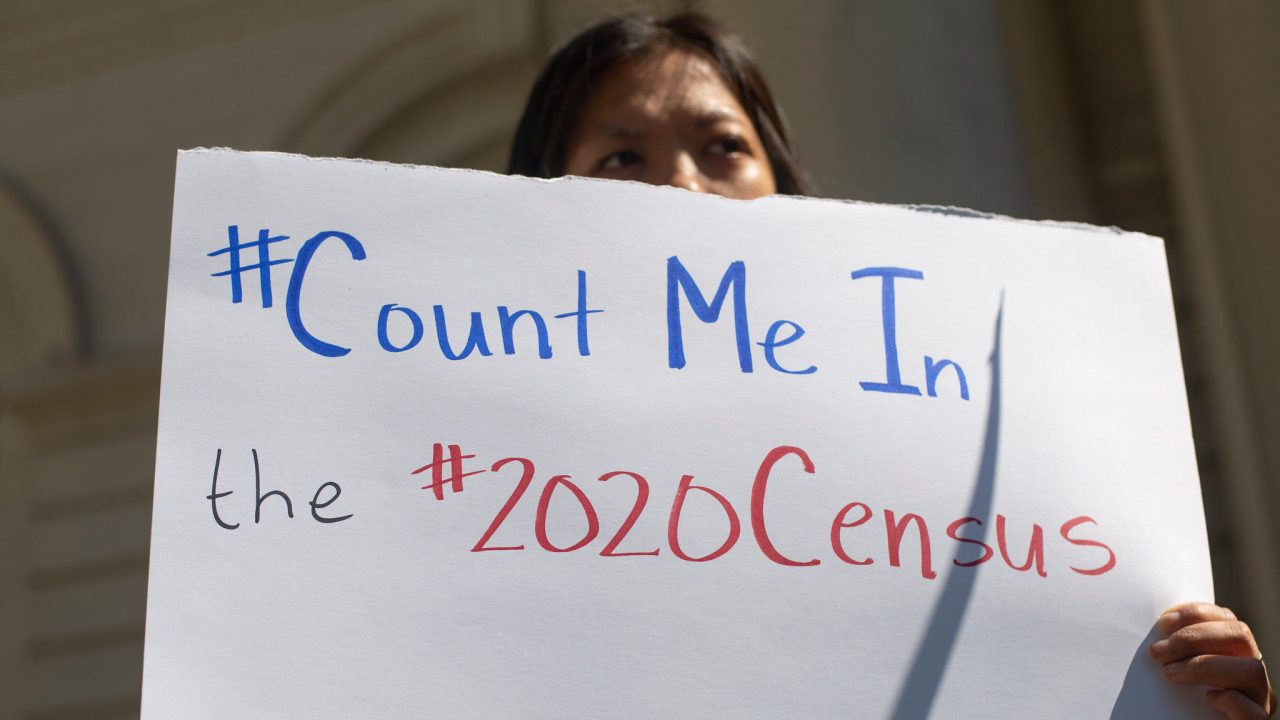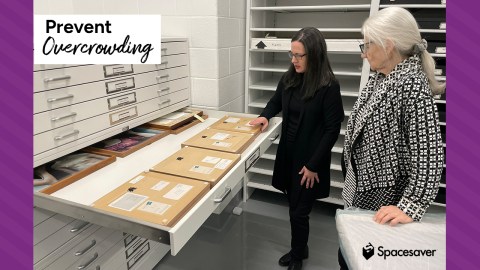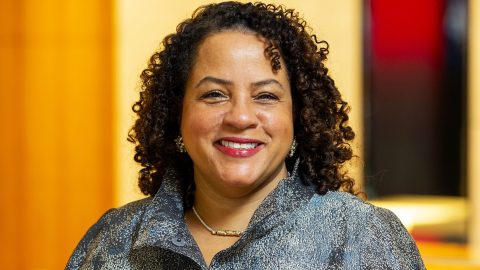
The 2020 United States Census is right around the corner, with National Census Day taking place on April 1, and it’s time for museums to start thinking about how they’ll be involved.
This once-a-decade process of counting the country’s population informs key decisions about political representation, funding for vital community resources, and the development of businesses and organizations. An accurate count helps communities across the country get the funding they need and the representation they deserve. That’s where museums can help.
As it spreads the word and strives for a complete count, the Census is looking to community organizations like museums to take up its message in creative ways—communicating with audiences through articles, events, social media campaigns, or whatever else your institution excels at.
Read the following examples of how museums have participated for inspiration. Also see these related resources from the library community, which historically has been actively engaged in this area. If you’d like to take part, reach out to the Census at census.partners@census.gov to discuss a partnership.
Lancaster Museum of Art & History
The Museum of Art and History in Lancaster, California, has launched its #CountMeIn campaign to combat the low historical census response rate in its surrounding area. Noting that the shift in 2020 from mailed-in paper ballots to online responses “has the potential to drastically impact state and county funding,” MOAH is employing artists-in-residence to increase responses through a robust slate of activities including “workshops, community gatherings, candid photography, and a public exhibition.” You can follow along with some of these activities through the #CountMeIn blog and photo gallery.
Museum of the City of New York
The Museum of the City of New York in Manhattan is dedicating a whole exhibition to the topic of the census in Who We Are: Visualizing NYC by the Numbers. The exhibition combines historical artifacts, data visualizations, and contemporary art to “demonstrate the power and importance of numbers in helping us understand who we are.” The museum will also host speakers including Census representatives, elected officials, and data analysts to speak in programs during the exhibition. “We are presenting Who We Are as a way to highlight the importance of the upcoming census—including what’s at stake in terms of ensuring fair political representation and sufficient funding for education, infrastructure, and social programs,” the museum’s director, Whitney Donhauser, said in a statement.
International Museum of Art and Science
The International Museum of Art and Science, located in Texas near the U.S.-Mexico border, has formed an ongoing partnership with its regional Census Bureau to encourage participation among its full community, including citizens and non-citizens of the U.S. To build trust and explain the purpose of the count, Census staff and volunteers are appearing at an information table in the museum’s entry pavilion every other Sunday in January and February, when the museum offers free admission and sees high attendance from first-time visitors. The count is of special importance to the museum’s region. As IMAS staff wrote previously on our blog, “as resources are increasingly diverted toward building physical border barriers, the representation and funding that result from an accurate Census count become more important.”
National Civil Rights Museum
This year, as part of its free all-day Martin Luther King Jr. Day celebration, the National Civil Rights Museum in Memphis shared information with visitors on the importance of the 2020 Census and election-year voter registration. During the event, the museum hosted agencies with information on topics like “privacy protections, the census’ impact on congressional and state legislative district boundaries, and how government funds are allocated for vital programs that affect the quality of life in communities,” according to a statement. The museum points to two significant voting rights anniversaries this year, the 150th of the Fifteenth Amendment and the 100th of the Nineteenth Amendment, as further reason to underscore the importance of representation.
Have you already made your plans to spread the word, or been involved in the past? Fill out the form below and let us know about it! We’re collecting examples of how our field pitches in during this important process.








